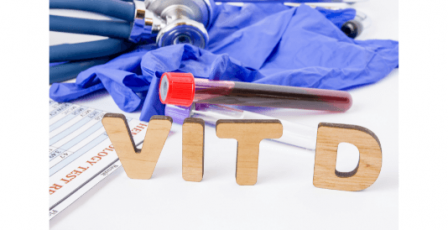
Vitamin D – immune support
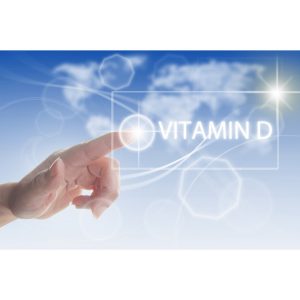 Everyone has probably heard of vitamin D. It is called the sunshine vitamin because the body can produce it on its own when exposed to sunlight. However, it is worth knowing that it is also present in animal and plant-origin food products. Unfortunately, many people struggle with vitamin D deficiency, which results, among others, from a limited number of sunny days in Poland. They are very dangerous in consequences, so it is worth considering supplementation to protect against several adverse effects resulting from nutritional deficiencies. Without adequate amounts of vitamin D, you can forget about a smoothly functioning immune system.
Everyone has probably heard of vitamin D. It is called the sunshine vitamin because the body can produce it on its own when exposed to sunlight. However, it is worth knowing that it is also present in animal and plant-origin food products. Unfortunately, many people struggle with vitamin D deficiency, which results, among others, from a limited number of sunny days in Poland. They are very dangerous in consequences, so it is worth considering supplementation to protect against several adverse effects resulting from nutritional deficiencies. Without adequate amounts of vitamin D, you can forget about a smoothly functioning immune system.
What is vitamin D responsible for?
Vitamin D is essential for the proper functioning of the body. It controls the calcium-phosphate balance. Without it, adequate absorption of calcium and phosphorus would not be possible. It participates in the processes of bone formation and is responsible for its optimal density. It is worth knowing that vitamin D is a hormone. It guards the properly functioning nervous system, regenerates neurons. It participates in the metabolism, regulates sleep, improves the functioning of the immune system, reduces the risk of developing civilization diseases, increases the number of sperm, supports the liver and bone marrow, has a beneficial effect on the muscular system, is responsible for healthy bones and teeth.
What are the symptoms of vitamin D deficiency?
Vitamin D deficiency is a growing phenomenon, and the problem affects children, adults, and seniors. Unfortunately, this hurts the body and contributes to several undesirable symptoms. People with a deficiency of this vitamin face bone and muscle pain, insomnia, rapid fatigue, periodontal disease, a feeling of general weakness, high blood pressure, or diarrhea. Problems with appetite and overweight are widespread. Immunity decreases, which makes the body susceptible to infections. It does not have the strength to fight against pathogenic microorganisms.
The symptoms of vitamin D deficiency also include the sensation of sore skin. In infants and young children, insufficient vitamin D in the bloodstream contributes to rickets of the ribs and bones, frontal tumors, slow growth, constipation, the long conjoining of the fontanel, flathead. With long-term vitamin D deficiency, several adverse effects appear in the form of fractures, inflammation of the skin, reduced immunity, deformed figure, curvatures, degeneration of the skeletal system, deterioration of hearing, accelerated aging of cells. Cancer (colon, breast) and osteoporosis develop. Too low a concentration of vitamin D, in the long run, leads to softening of bones, loss of teeth, disorders of the nervous system, development of autoimmune diseases.
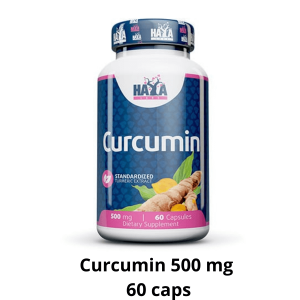
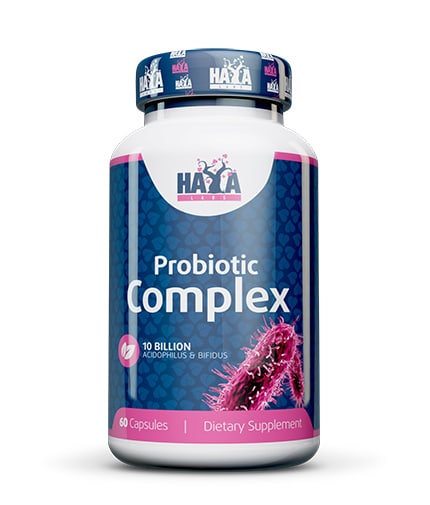
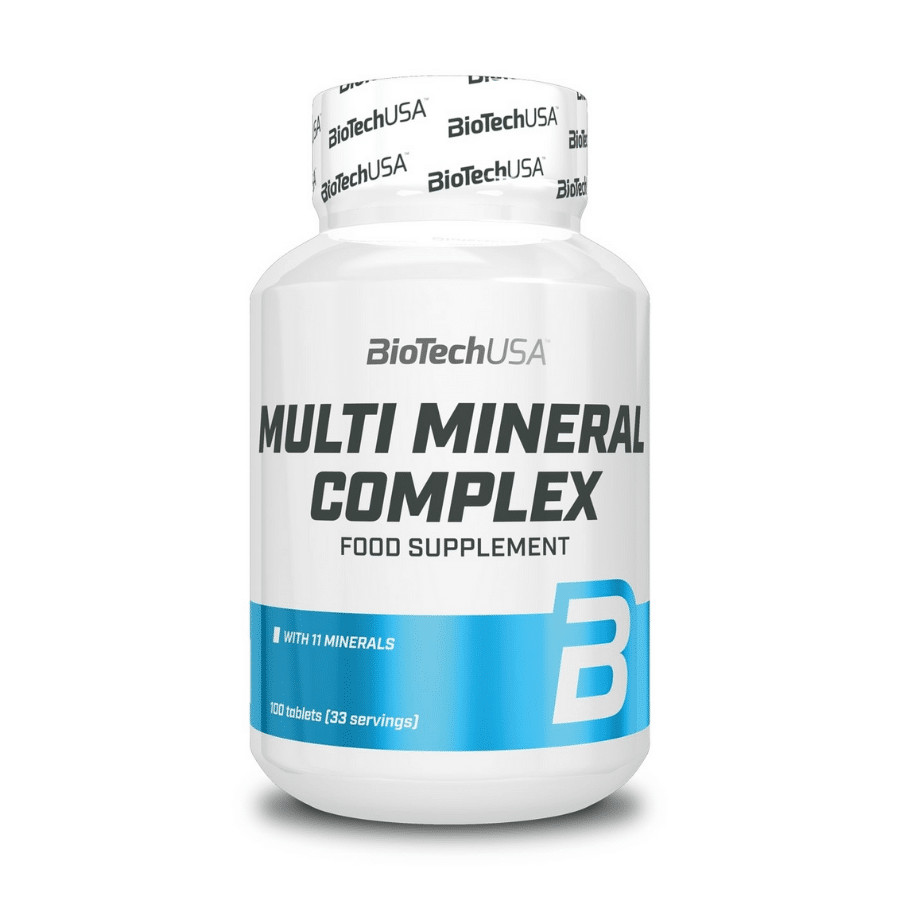

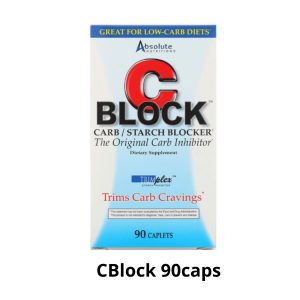
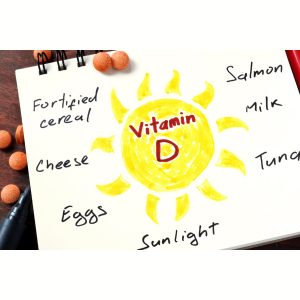 The best vitamin D is the one that is obtained from a natural source. In its case, we can talk about high assimilability and effectiveness of action and safety of use. Vitamin D is obtained from food and sunlight. Of course, there is also no shortage of dietary supplements.
The best vitamin D is the one that is obtained from a natural source. In its case, we can talk about high assimilability and effectiveness of action and safety of use. Vitamin D is obtained from food and sunlight. Of course, there is also no shortage of dietary supplements.

